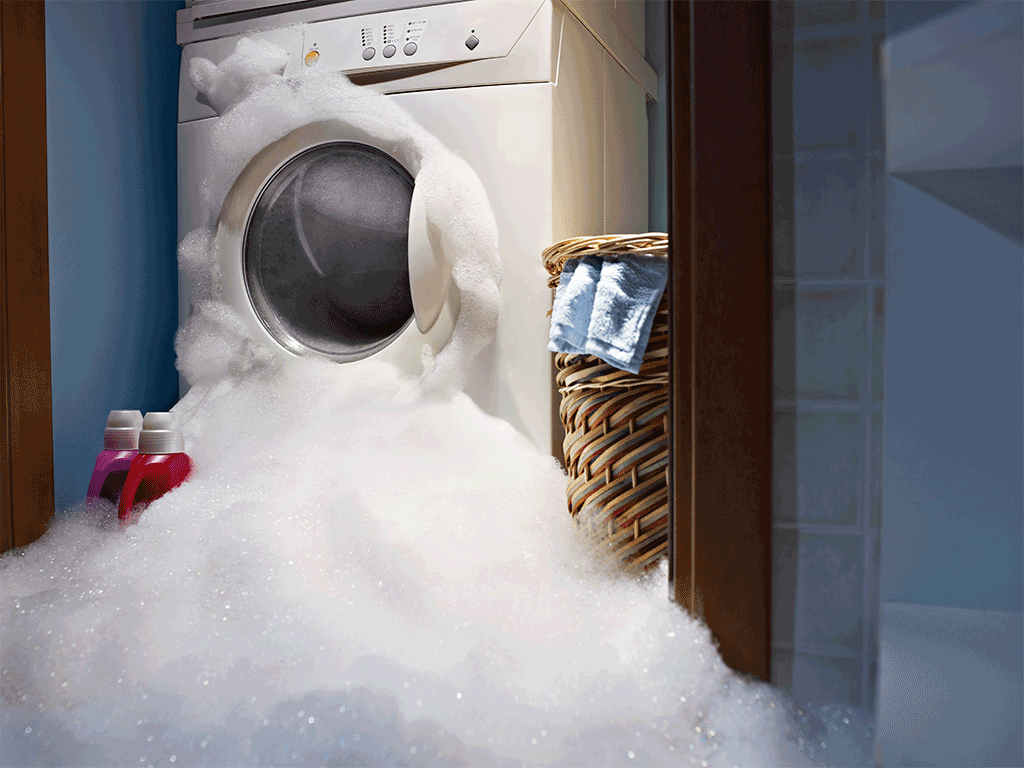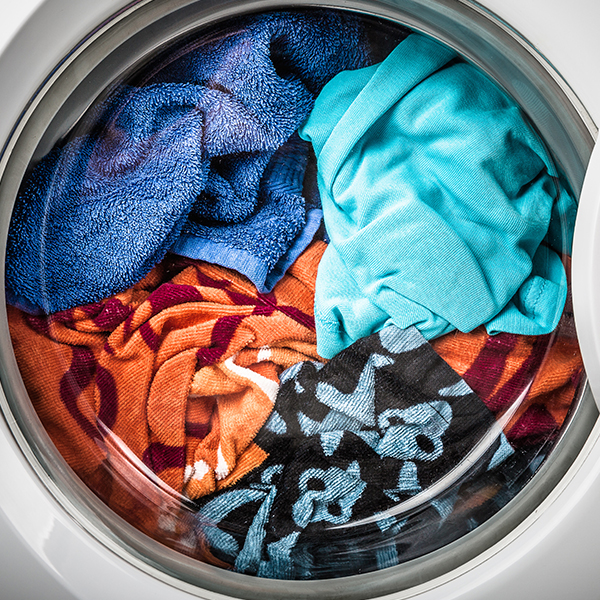The Manual For Handling Emergency Flooding Caused By Your Washer
The Manual For Handling Emergency Flooding Caused By Your Washer
Blog Article
We've stumbled upon this post pertaining to Washing Machine Flooding listed below on the internet and felt it made good sense to discuss it with you over here.

Just how you hand those valuable mins after your cleaning device leaks and also floodings can impact just how rapid your residential property obtains recovered. Understanding what you need to do and also that to call can save you from considerable damage. It will additionally aid aid you in declaring house owners insurance policy coverage. Take a look at these top suggestions below:.
Shut off the Power.
Turn of the breaker where the washing machine is. It is essential to make certain the washer is off. Water is a conductor, and doing this action guarantees no one struggles with electrocution. Besides, you must not use your washing machine until a specialist service technician has actually inspected it.
Take Out the Standing Water.
As you await the plumber or repair service technician to come, you have to take care of the flooding. If your washer is in the cellar with comprehensive flooding, you need a submersible pump to get the water. You can rent or obtain this. Nonetheless, if it happens in the middle of the evening, the old container method will certainly likewise function. Usage a number of pails to manually unload out the water. It would be best if you did this immediately, as the longer the water stays, the much more extensive the damages.
Call the Pros.
If you think the issue is with your water line, you need to call a certified plumber. Nonetheless, if you are not sure, call a washer service technician for a quick assessment. This person can tell you best what the issue is. It could be an issue with the equipment itself or the pipelines linking to the machine.
Paper the Damage.
Prior to tidying up this emergency flooding circumstance, you have to record everything. Keep in mind, images, as well as videos. It would be best if you had every one of this as evidence to sustain your insurance coverage claims. Then you can call your property owner's insurance supplier to check what various other requirements they need to refine your request.
Vacuum Any Type Of Remaining Water.
Using a wet/dry vacuum cleaner, remove the remainder of the water, and also draw it from permeable materials like baseboards, drywall, floor covering, and carpeting.
Turn Off Water.
You have to shut off the water system of the maker. Whether it overflows for unknown factors, breaks down in the reduced pipelines, or tears the major tube, you will be dealing with tremendous amounts of water. If the local supply line to the washing machine does not shut it off, you need to shut off the major water shutoff outside your house.
Dry the Location as Long As Feasible.
After getting the standing water, obtain sponges or old towels to suck out as much water from the flooring or carpet. Keep the home windows open to distribute the air. You might also make use of electric fans to quicken the drying process. Bear in mind, water will cause mildew as well as mold development which is unsafe to your health and wellness. If you feel that the situation is excessive to handle, you can additionally look for water removal solutions from a remediation firm. Your insurance policy case might additionally assist pay for this solution, so just ask.
Keep in mind, a busted washing machine with dripping pipelines will certainly cause catastrophic damage as a result of the substantial quantities of water it can unload. Hence, it would certainly assist to have your device and also water lines inspected annually. You can look for help from a reliable plumber to change your supply line hoses. Doing assessments prevents stressful malfunctions as well as costly failures.
MY WASHING MACHINE FLOODED THE HOUSE! WHAT SHOULD I DO?
STOP THE WATER
First things first, turn off the water. You ll want to stop the flooding at its source, which is the washing machine s water supply. Once you ensure the water is turned off, unplug your washing machine.
If there is standing water around the electrical plug, you may want to take an extra precautionary step and turn off the power before unplugging your washer to prevent electrical shock.
CLEAN UP WHAT YOU CAN
Next, you ll want to clean up as much water as you can. Depending on how much your washer flooded this may take a lot of towels, but it is very important in ensuring you don t have lasting washing machine water damage. For a large amount of water, using a wet vacuum and large fans for drying will be most effective.
EMPTY THE MACHINE
Once you ve cleaned up the majority of the water from the overflow, you ll want to remove any items from your washer, along with any leftover water that is still in your machine. This will give a you or a repairman the ability to analyze your machine and determine the cause of the washing machine overflow.
CALL IN THE EXPERTS
Depending on how washing machine-savvy you are, you may be able to determine the cause of the overflow yourself maybe you notice a faulty hose, like we discussed earlier. But if you aren t able to determine why your washing machine flooded, you ll want to get someone in there who can.
FIX ANY WATER DAMAGE
Effects of water damage after a washing machine flood may include damage to surrounding areas, such as your floors, walls, or other close-by machines. And while visual damages might be the most noticeable, you ll want to pay attention to smell as well. A wet-dog type of smell is normal at first and can usually be remedied by opening nearby windows to air-out the area.
However, if the smell lingers for more than three days, that s an indication there is still water somewhere. Even after thoroughly drying the impacted area, water may be hiding in your floors or in the sheetrock in your walls, which can indicate mold. Call in a mold remediation professional to inspect your property for hidden moisture.
WHAT CAUSES WASHING MACHINES TO FLOOD?
Too much laundry soap. When it comes to how much soap you use, be sure to not exceed the recommended amount. Using too much soap can cause build up and clog your washing machine leading to overflow. Too many clothes. If you overload your washer with too many clothes, you may notice your washing machine becoming unbalanced and making awful noises, like a spaceship getting ready to take off. This is an indication that your washer is out of alignment which can lead to a flood. Too weak or old of a hose or other faulty washing machine parts. Washing machines rely on hoses to transport water to and from the washing machine. If one of the hoses becomes weak, faulty, or develops a crack, say hello to a flood. You ll want to ensure your hoses are in good shape and properly connected so no water can leak out. It s also important to check the washing machine draining mechanisms, as well as the door latches and seals. Making sure everything is in tip-top shape and proper working order will help keep your washer from flooding. https://www.servicemasterbyzaba.com/blog/washing-machine-flooded/

We were made aware of that write-up about Washing Machine Overflow from someone on a different web address. Do you know about another person who is fascinated about the topic? Please feel free to promote it. Thanks for your time spent reading it.
Estimate Free
Report this page